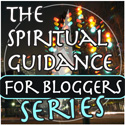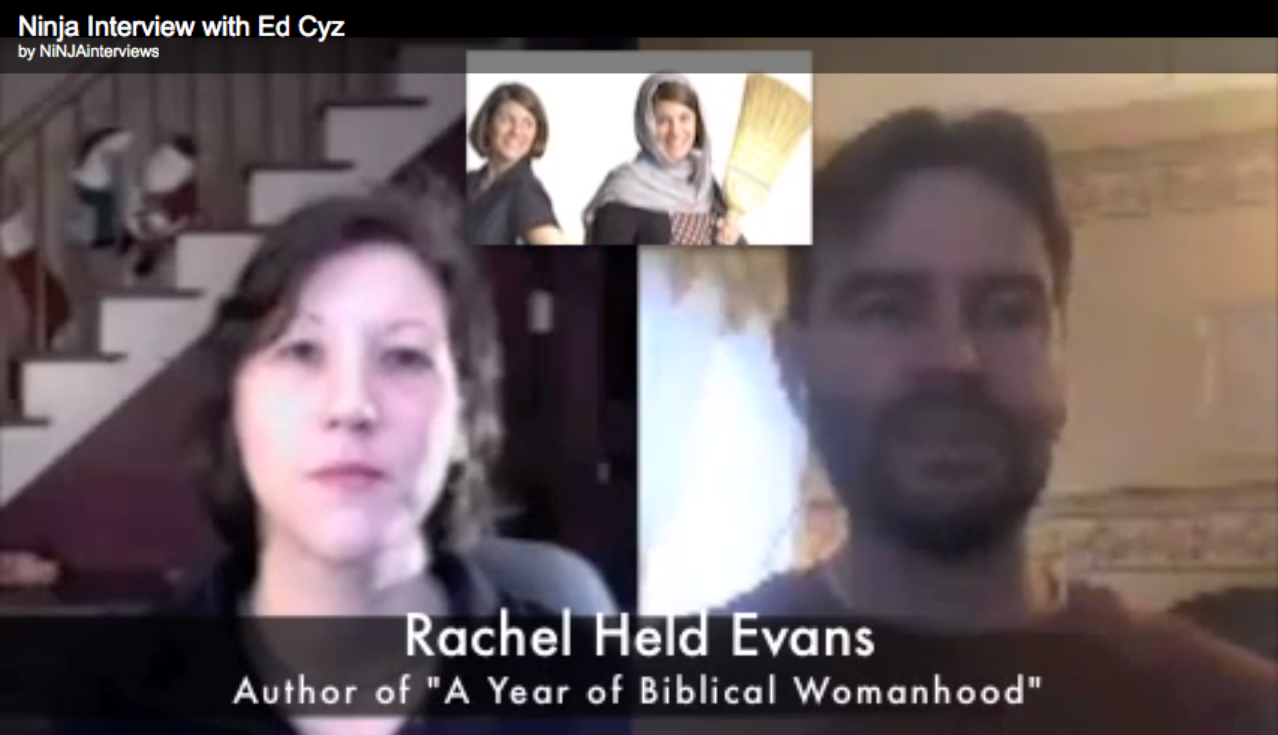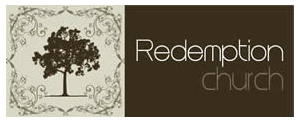The 2nd contributor in The Spiritual Guidance for Bloggers Series is author, blogger, and friend of rabbits, Ed Cyzewski.
I’ve enjoyed Ed’s blog and books for years. Simply put, Ed is consistently top notch, and I can’t say that of too many bloggers, even ones I enjoy. His current Women in Ministry Series is giving women who love the Lord a chance to tell their stories in an environment of love, encouragement, and support. Don’t miss it.
Today he shares, with personal candor and razor keenness, a theme that foils many Christian bloggers: polarizing narratives.
If there was ever a cesspool of troubling ideas about Christianity, it had to be a series of radio shows on this Christian radio station in my home town. Not all of the shows were cesspools mind you—only certain shows.
The cesspools were the shows that revolved around creating an “us vs. them,” barbarians at the gate narrative for Christians and the surrounding culture. The enemies could be liberal politicians, liberal media, and even “liberal” Christians—all terms that were tossed about loosely for anyone who was “dangerous”—whatever that meant.
We live and breathe on narratives. The majority of our narratives revolve around some sort of conflict.
What I’ve found is that I haven’t necessarily abandoned the structure of that old conflict narrative I grew to reject. I still see myself in terms of how I oppose other perspectives when I blog. The difference now is that the barbarians at the gate are the ultra-conservative fundamentalists with oppressive practices and damaging theology.
I still think of myself as somehow preserving true Christianity or the truth—whatever that means. The trouble with this narrative is that once I set myself up as the defender of anything, I’m creating a disingenuous conversation—one that is especially toxic when I tap it out in a blog post.
I’ve run into this conflict dynamic in both directions when I debate people about women in ministry. For those who oppose women in ministry, they often frame the discussion where they’re preserving the truth of scripture. Therefore the entry point for the conversation is that I, as a supporter of women in ministry, am somehow attacking the Bible.
On the other hand, I believe that anyone who denies the full equality of women in the church is denying them their fundamental rights. I can quickly use this to frame my “opponents” as oppressors before the conversation even starts.
Either way, we can create an uneven playing field where neither side can see eye to eye because one side has set itself up on higher ground.
I don’t like confronting perspectives that oppose my own. Nothing has changed in that regard, even if I’ve swapped sides sometimes. Nevertheless, I still like to think of myself as the hero, the one who is standing up for truth.
The reality is that we’re all stumbling around, trying to sort out what we believe and what we should do each day. We’re all over the map, and perhaps some points on the map are closer to the ever elusive truth. However, the topography is quite level. We all go into this with the same limitations and bias.
The world continues to spin even though there are churches who won’t let women pray in the company of men and other churches led by strong, Spirit-filled female pastors. It’s hard to believe some days.
I can still have an equal marriage, even if there are some who believe women must take a subservient position with their husbands.
I can still learn from women, even if women are silenced in some churches.
I can even keep cute and cuddly house rabbits in my living room, even if some people raise them as livestock for dinner.
I wish I could take the high ground. I wish I could be 100% correct. I wish I could judge. I wish I could win. If only I could find that high ground, it would all be so easy. As I shift from one perspective to another, I’ve learned that no one really knows where that impregnable high ground is.
I’m trying to leave the conflict narrative behind. I don’t need more enemies. I need allies. That means I don’t try to convert those who disagree with me into allies. I just try to find allies.
If someone who disagrees with me wants to chat, then I’m all for it. However, I hope to leave behind the high ground days where I roved from one conversation to another as a warrior for truth who defended his supposed high ground no matter what the cost.
Thankfully, God has found the high ground, and he’s not letting me or you anywhere near it. We’re all just stuck on this unending plain together, and the sooner we leave each other be, without incessantly poking every person who disagrees with us, the better.
Ed Cyzewski is the author of Coffeehouse Theology: Reflecting on God in Everyday Life and Divided We Unite: Practical Christian Unity. He blogs at www.inamirrordimly.com.







